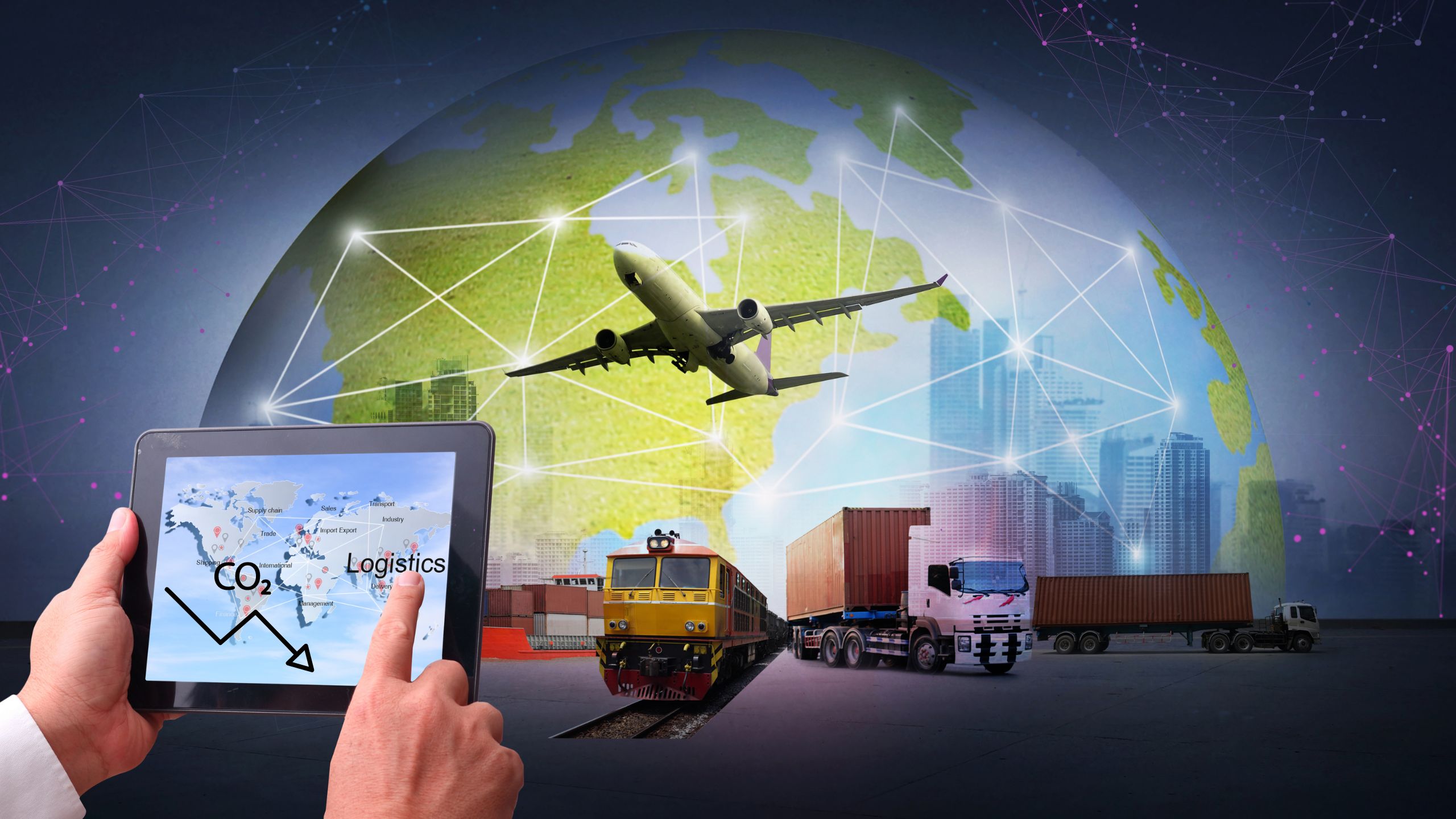
Decarbonizing the Logistics Sector: Leveraging AI for Sustainability
In recent years, artificial intelligence (AI) has become a significant driver in the logistics industry, enabling more efficient and sustainable operations. According to a McKinsey report 2019, by 2030, AI-powered automation, such as warehouse managers using augmented reality goggles and autonomous vehicles navigating factory aisles, will be widespread. Deutsche Post DHL Group, for example, has allocated €2 billion until 2025 to digitalization as part of its strategy. The company has implemented 5,000 robotic order pickers in its global network of warehouses, increasing the number of items picked per hour by 180%. AI-based technologies like DHL’s OptiCarton software optimize container filling to eliminate empty space, potentially saving up to 50% in shipment space and reducing truckloads and associated emissions. Route optimization and AI-driven forecasting tools, provided by companies like Transmetrics, help improve efficiency and reduce emissions in the logistics sector. Furthermore, the emergence of driverless delivery trucks and AI tools in sea-based logistics, such as Greece-based DeepSea’s AI-powered solutions, contribute to fuel consumption reductions and increased efficiency. These advancements in AI are aligning with the industry’s need to decarbonize, driven by regulations and the desire to operate in a more sustainable world.
Read More: https://bit.ly/3vYSxKt
人工智慧推動物流業減碳 轉型為可持續營運模式
近年來,人工智慧(AI)已成為物流行業的重要驅動力,實現了更高效、更高持續性的營運方式。 根據《麥健時2109報告》,到2030年,庫存即時管理等AI自動化技術將會更為普及,例如採用虛擬實境眼鏡以顯示倉庫數據及信息和自動駕駛車輛於工廠通道來回行駛。
德國郵政 DHL 集團已撥款 20 億歐元用於數位化,作為其策略的關鍵部分。DH在全球倉庫網路中使用了5,000個台機器人訂單揀選器,每小時揀選的產品數量增加了180%。DHL 的 OptiCarton 軟體等基於人工智慧的技術可優化貨櫃填充,消除空置空間,從而能夠節省高達 50% 的運輸空間,並減少卡車裝載和相關碳排放。Transmetrics等公司利用AI技術提供預測和優化服務,透過優化路線幫助物流公司實現提高效率和減少排放的共同目標。此外,無人駕駛送貨卡車和海上物流中人工智慧工具的出現如希臘 DeepSea 的人工智慧解決方案,有助於減少燃料消耗並提高效率,進一步推動了物流減碳。
總括而言,人工智慧正在推動物流行業的轉型,提高效率,減少碳足跡,實現更可持續的運作模式。



